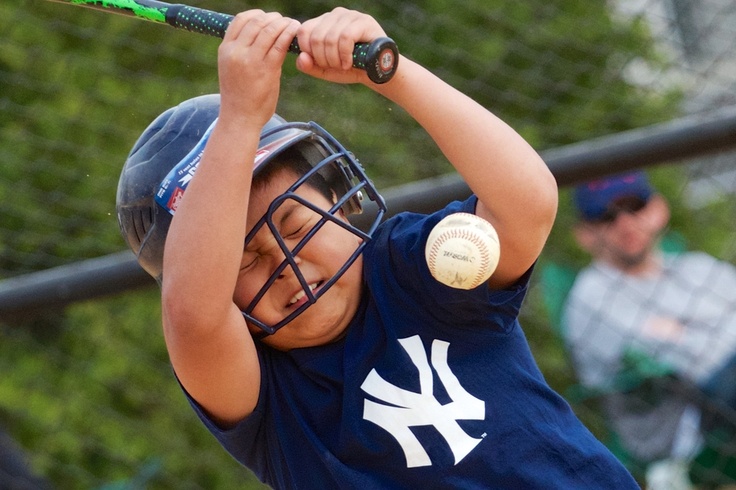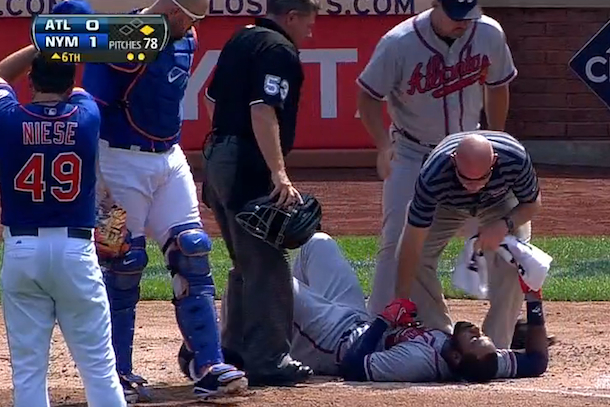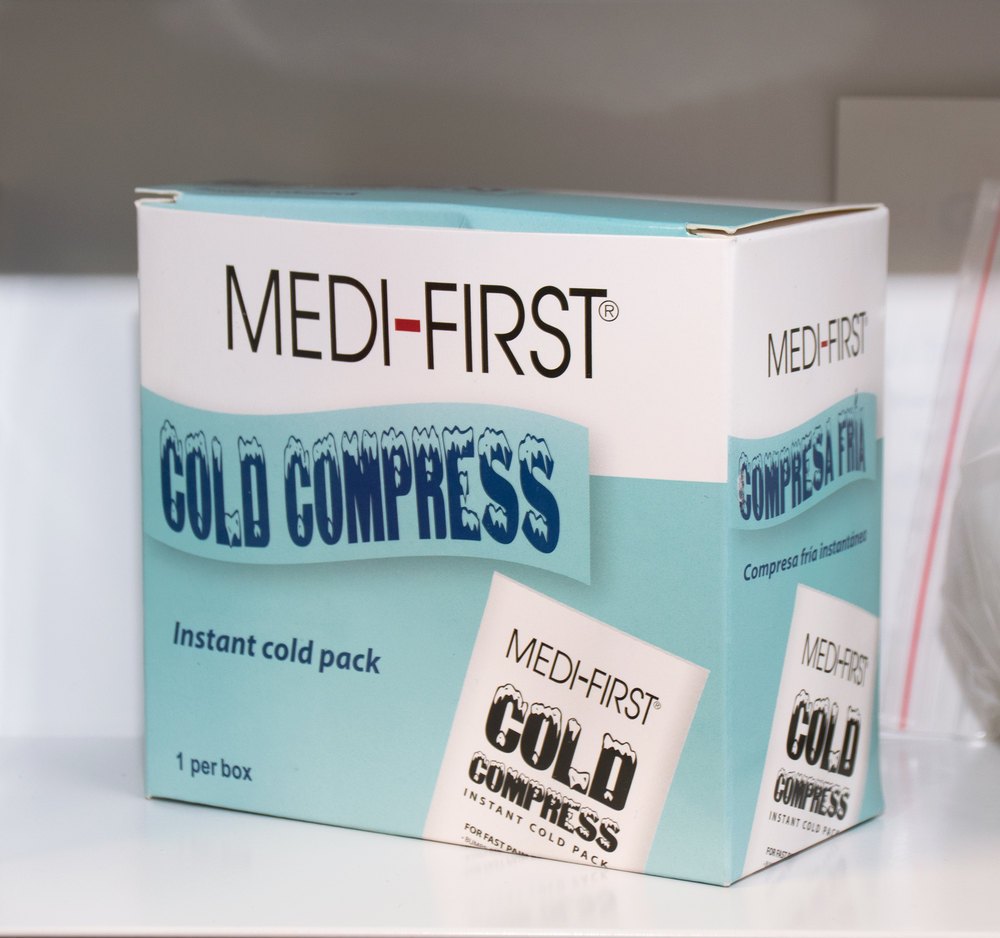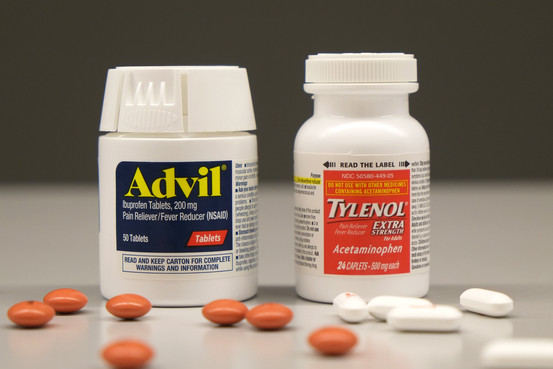Concussion treatment!

Concussion Treatment In Baseball
Your greatest fear has just unfolded right in front of
your eyes, your child is hit in the head by a thrown baseball. Your brain
immediately goes into panic mode as you assess what has just happened. How
badly was he/she hurt, was it hard enough to cause a concussion, do I need to
look for a concussion treatment?
Don't panic just relax, statistically, the event that you have just witnessed is extremely rare and seldom results in a concussion.
There is over 20 million people playing baseball annually and the majority are our youth. It has been estimated that 8.6 million children between the ages of 6 to 17 participate in baseball. Of that group the injury rate is only 1.26 injuries per 1,000 ball player participating. The odds of your child being struck in the head by a thrown or batted ball are extremely low so concussion treatment should not alter your decision on participating.
Those odds become even more exaggerated when coupled with the fact that the vast majority of the impacts are low speed impacts (<60 mph) which allows players sufficient time to react and, at those speeds, seldom cause a concussion.
In most cases what results is that the player receives a bump on the Noggin and gains a whole new respect for the Baseball. Last month, in an article on Baseball Head Protection we looked at the fears surrounding Concussions in Baseball but I didn't address what to do when they are hit and concussion treatment is required..
Recent research show that the total number of injures to players participating in baseball as compared to the other major sports show up at the bottom of the list.
Concussion Rates per Sport
Information research; http://www.headcasecompany.com/concussion_info/stats_on_concussions_sports
The below numbers indicate the amount of sports concussions taking place per 100,000 athletic exposures. An athletic exposure is defined as one athlete participating in one organized high school athletic practice or competition, regardless of the amount of time played.
· Football: 64 -76.8
· Boys' ice hockey: 54
· Girl's soccer: 33
· Boys' lacrosse: 40 - 46.6
· Girls' lacrosse: 31 - 35
· Boys' soccer: 19 - 19.2
· Boys' wrestling: 22 - 23.9
Girls'
basketball: 18.6 - 21
Girls' softball: 16 - 16.3
· Boys' basketball: 16 - 21.2
· Girls' field hockey: 22 - 24.9
· Cheerleading: 11.5 to 14
· Girls' volleyball: 6 - 8.6
· Boys' baseball: Between 4.6 - 5
· Girls' gymnastics: 7
Although baseball is a relatively safe sport in comparison to many other athletic activities a direct impact from a ball or bat can occur. That fact will, forever, enlist a certain level of safety concern and as a Coach or Parent your ultimate goal is to comfort and protect the player when it happens.
So What Should You Do?

Immediately establish eye contact with your child/player. You will instantly see how badly they are hurt based what you see. The players first reaction is shock as they process the impact and look for Mom/Dad (They can't Help It). Eye contact will immediately ease the stress on the player as well as well as the Coach or Parent.
If the player looses consciousness immediately remove the player from the game. The player should be taken for a professional medical assessment as soon as possible. Medical test should include;
· Neurological Test
· CT Scan
· MRI Scan
Even though a player has had a concussion, the MRI and CT scans are often times negative. That does not mean that there is no injury, it just means that the damage is not visible on the scans.
Before returning to play the player must not exhibit any symptoms and successfully pass a concussion baseline (pre-concussion) score. Players should not be rushed back into play after a concussion has been suspected and concussion treatment becomes necessary. In some cases it could take upwards of 5 to 7 days before it is safe to return to play. Time and rest are the best remedies and should be taken in large doses.
In 2013 a conference of experts in sports medicine recommended these steps:
- complete rest until symptoms have passed for at least 24 hours
- light aerobic exercise, such as walking and cycling
- sport-specific exercises, such as running and throwing (but no activity that involves impact to the head)
- non-contact training.
- full training, including physical contact such as sliding and diving after balls
- return to play
If they/you are symptom-free, you should be able
to return to play within a week. If you experience a return of symptoms, rest
for 24 hours, drop down to a previous step, and then attempt to move
up again.
treat the bump

Depending on the speed of the impact you can expect a certain amount of swelling. A cold compress is the most effective way of reducing swelling and there tons of products on the market to chose from. Frozen peas, green bean or whole kernel corn are also effective DYI remedies.
If you are coaching a quality First Aid kit should be part of your practice equipment. Once the treatment for swelling has been addressed you need to address pain management. There are, again, a host of over the counter medication to relieve pain from a head impact.
As a coach I followed the recommendation outline by The Red Cross and equipped my First Aid kit with the following;
· Absorbent compress dressings (5x9 inches)
· 25-50 adhesive bandages (assorted sizes)
· Adhesive cloth tape (10 yards x 1 inch)
· Antibiotic ointment packets (appx 1 gram)
· Antiseptic wipe packets
· Packets of both Aspirins & an Ibuprofens (81 mg each)
· Two pair of non-latex gloves.
· 2 hydrocortisone ointment packets
· Scissors
· 3" & 4" roller bandages
· 10 sterile gauze pads, (5-3x3 & 5-4x4)
· 2 Tiangle bandages
· Pair of tweezers
· First aid instruction booklet.
Taking over the counter pain medicine
as a concussion treatment
ACETAMINOPHEN vs IBUPROFEN

The bulk of the research today suggest that to best concussion treatment for head pain is to, take an acetaminophen (Tylenol). It is not recommended that you take ibuprofen or aspirin because that could make bruising or bleeding worse.[12]
Ibuprofen is more effective for muscle strains and fevers so I included them in my kit also The point is to understand the difference and to use the appropriate medication for the injury.
concussion treatment conclusion
In conclusion, Concussions in baseball can be very serious and as a Coach or Parent knowledge and information is critical. That knowledge and information, however, should not cause you to question playing the game of baseball. On the contrary, that same knowledge and information should help you to see how safe our game of baseball really is to play.
Thanks for Visiting and come back soon!
Aplussportsandmore-fanshop-basefield.com


New! Comments
Have your say about what you just read! Leave me a comment in the box below.